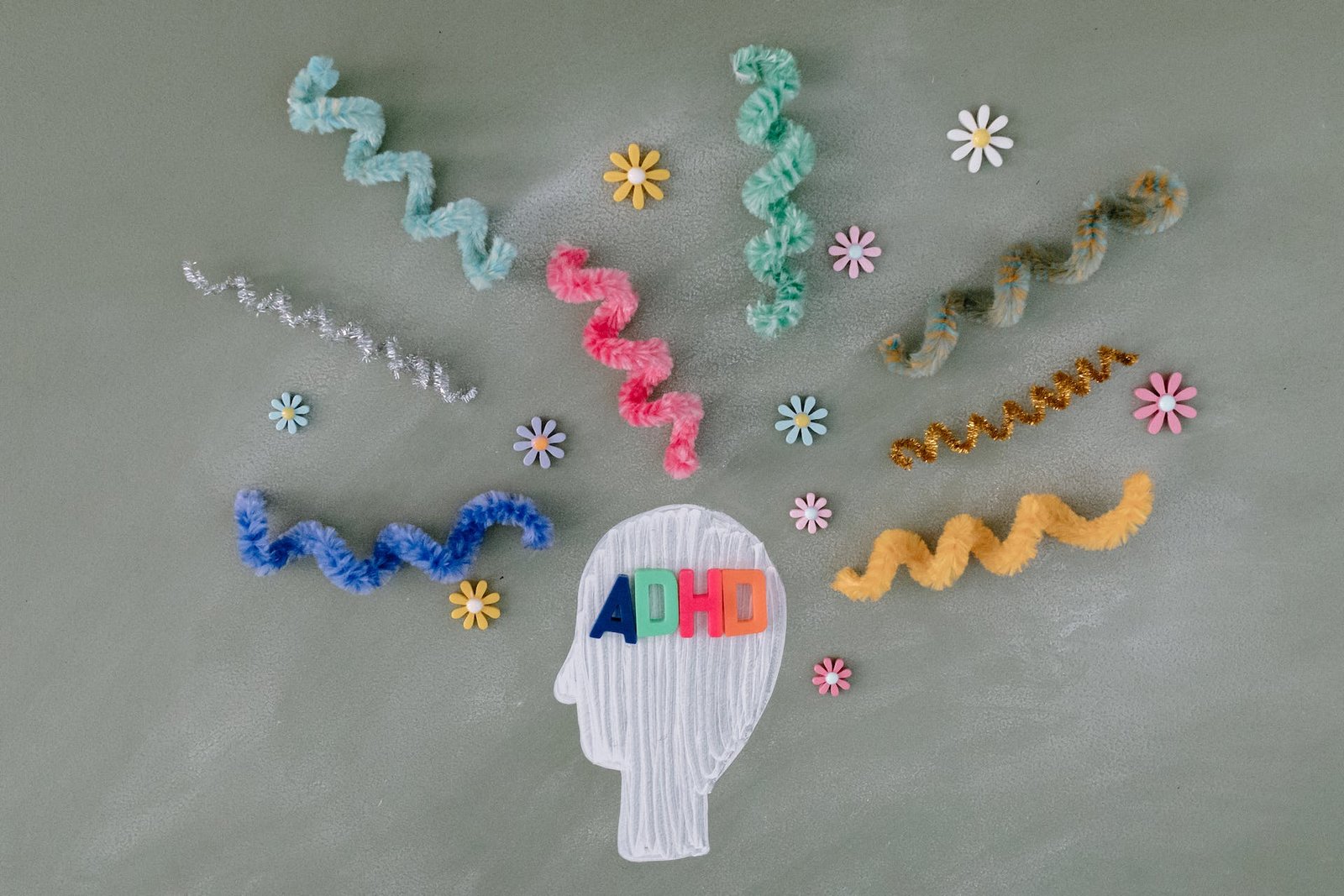What is ADHD?
Attention deficit hyperactivity disorder (ADHD) is a group of behavioural symptoms that include inattentiveness, hyperactivity and impulsiveness. It is one of a number of different neurodiverse conditions including dyspraxia, dyslexia and autism including Asperger's.
ADHD is not a new phenomena. Back in 1899, the philosopher William James, in his book “Talks to Teachers”, observed that “some of us are naturally scatterbrained” whilst others “follow easily a train of connected thoughts without temptation to swerve aside to other subjects”. He attributed these different types of thinking to differences in our “fields of consciousness”. Fast forward nearly 70 years and the term “hyperkinetic impulse disorder” could be found in the second edition of the psychiatrist’s handbook, the Diagnostic and Statistical Manual (DSM). An updated version is used today as well as a new category to help diagnose the condition: ADHD.
Currently, symptoms of ADHD tend to be noticed at an early age and can be diagnosed when children are 6 to 12 years old but this is not always the case and there are undoubtedly people that would have not been recognised in their youth due to the absence of awareness and potential to be diagnosed at the time. The symptoms of ADHD can improve with age, especially if childhood symptoms are treated so that the developing mind is able to establish habits and routines that mitigate the effects later on. However, many adults who are diagnosed with the condition continue to experience problems. People with ADHD may also have additional mental health issues, such as depression, difficulty falling or staying asleep and social or general anxiety disorders, these can result as either a consequence of ADHD itself, or the effects it has on one’s life. These “comorbidities” as they are referred to may need to be treated alongside ADHD symptoms.
The causes of ADHD are not fully understood. ADHD is known to be neurodevelopmental, meaning it is due to how the brain and nervous system develop during someone's upbringing. ADHD also often runs in families and is highly genetic.
Neurodiversity and Comorbidities
Do you know it is very common for people with ADHD to also have symptoms of other neurodevelopmental conditions?
How to get an ADHD assessment
Read our comprehensive guide for how to access an Adult ADHD assessment / diagnosis on the NHS or Privately.
Medication
We provide information on the pharmacological treatments for treating adult ADHD.
ADHD and Mental Health
Find out about how it is common for ADHD to co-occur with Mental Health Conditions such as Anxiety, Depression and PTSD.
Information for Parents and Children
Read our resource and signposting page for Parents, Children and Young People affected by ADHD.






